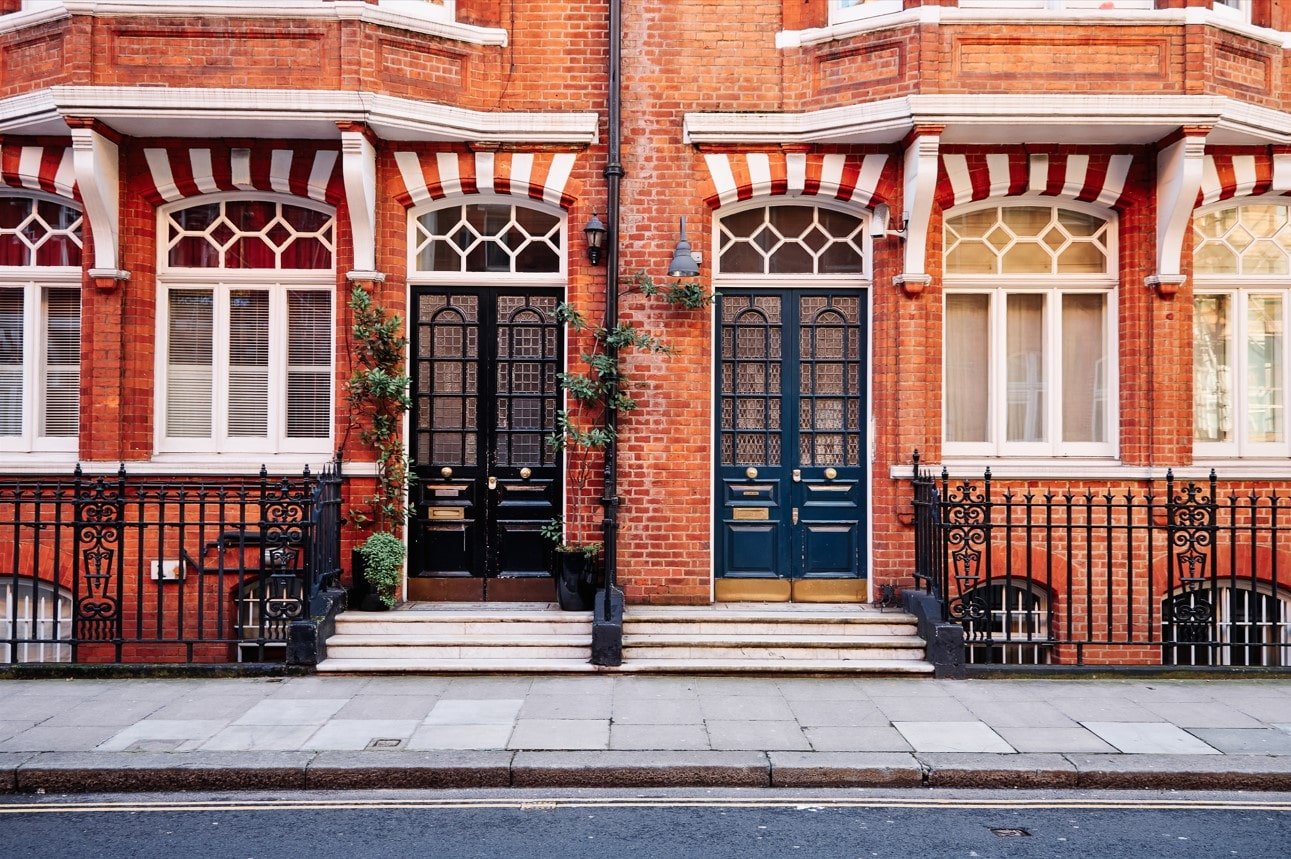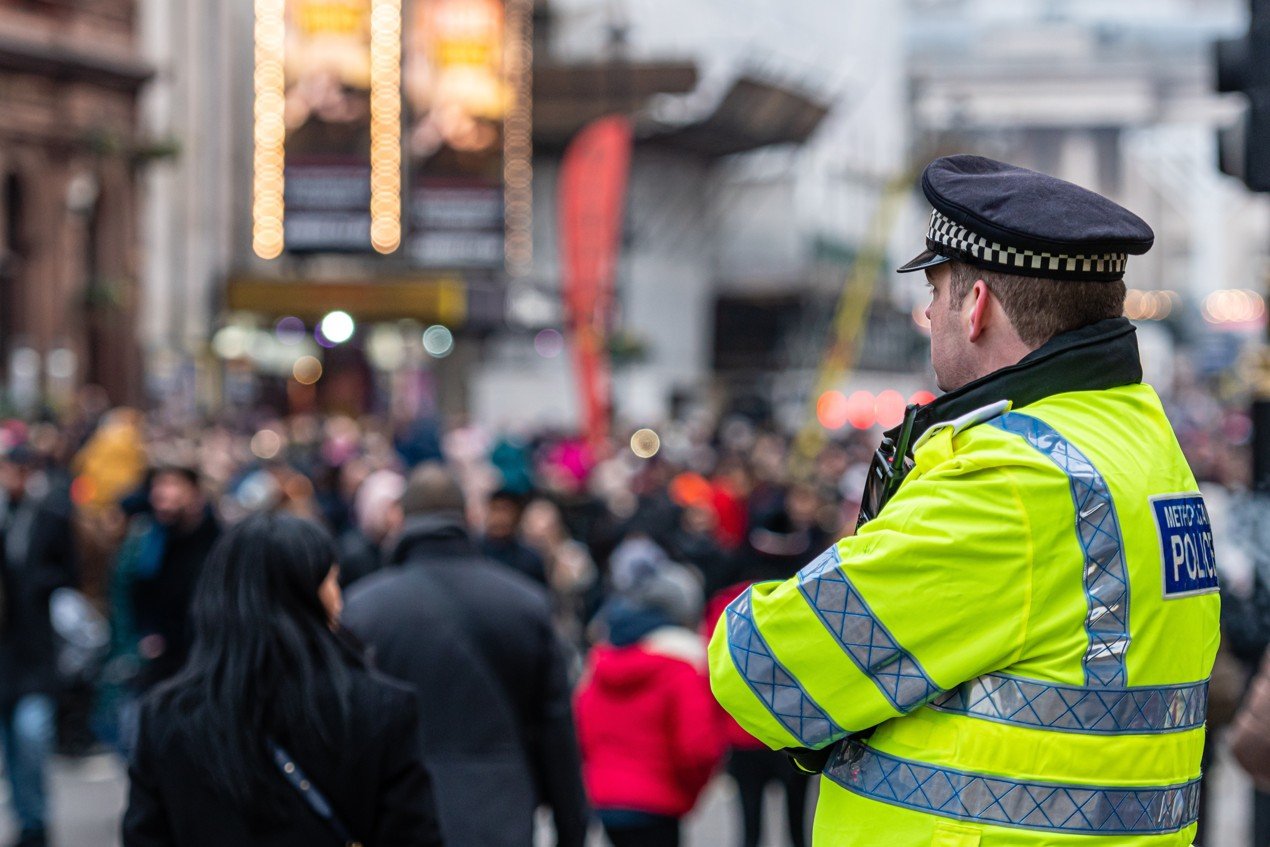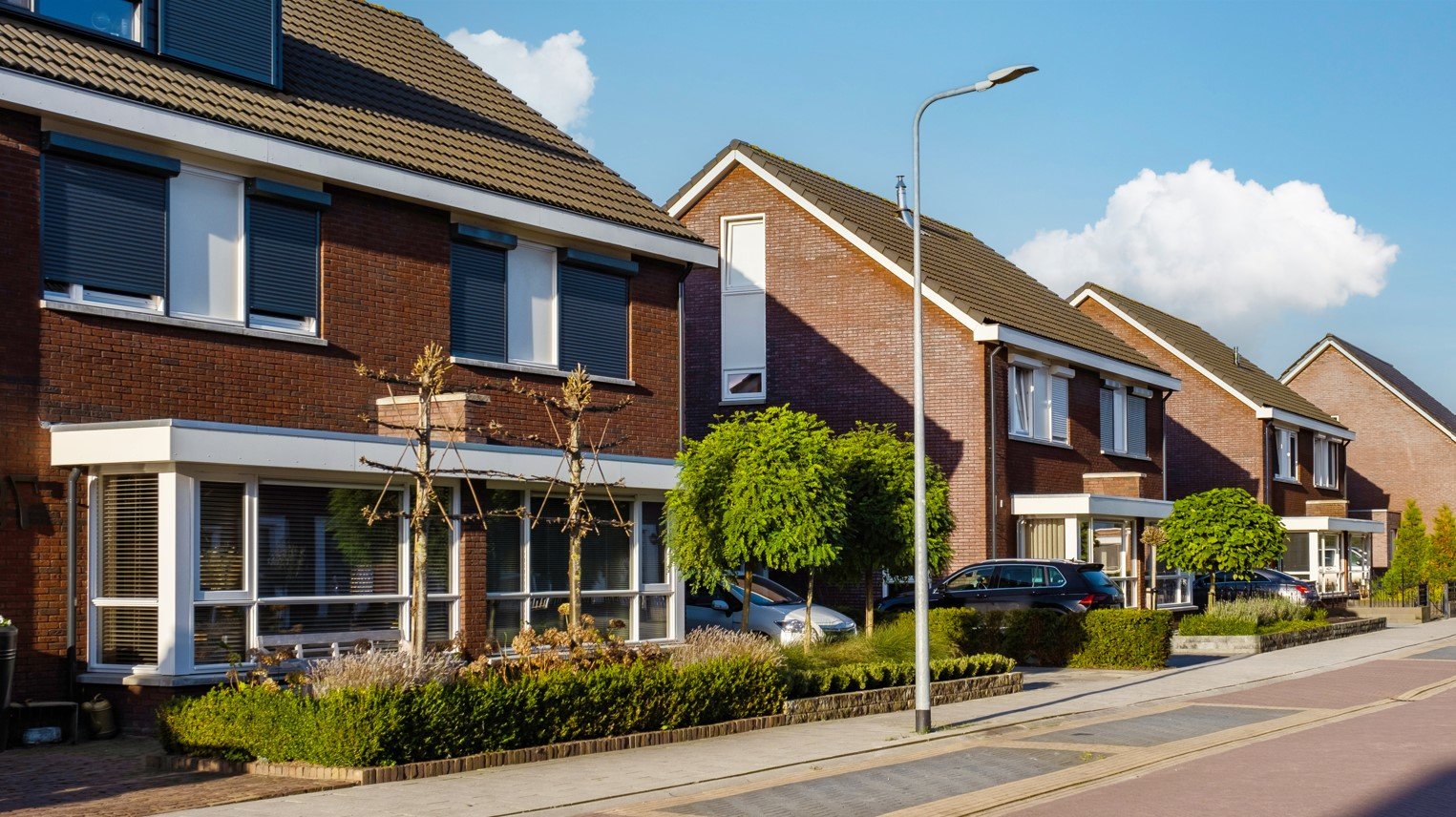Renting in the UK? Here's 10 Things You Need to Check Right Now!
Renting a property in the UK can be an exciting yet daunting experience, especially if you're a first-time renter. With rising demand for rental homes and varying standards across the market, it's crucial to know what to look for before signing a tenancy agreement. To help you navigate the process, here are 10 key things to check when renting a property in the UK, including some practical and customer-focused tips you might not have considered.
1. Check the Property's Condition
Before committing to a rental, inspect the property thoroughly. Look for:
- Signs of damp, mould, or water damage.
- Functioning heating, plumbing, and electrical systems.
- The condition of walls, floors, and ceilings.
- Any existing damage (take photos and report it to the landlord to avoid being charged later).
Pro Tip: Check if the home is carpeted or has hard flooring. In the UK, winters can be harsh, and uncarpeted floors can get extremely cold. If the property has hard flooring, consider investing in rugs or asking the landlord if they're willing to install carpets.
2. Review the Tenancy Agreement
The tenancy agreement is a legally binding contract, so read it carefully. Key points to check include:
- The length of the tenancy (fixed-term or rolling).
- Rent amount and payment due dates.
- Rules on subletting or having guests.
- Responsibilities for repairs and maintenance.
- Notice periods for ending the tenancy.
If anything is unclear, seek clarification or consult a legal adviser.
3. Confirm the Deposit Protection Scheme
In the UK, landlords are required to protect your deposit in a government-approved Tenancy Deposit Scheme (TDS) within 30 days of receiving it. Ensure you receive:
- Proof of deposit protection.
- Information about the scheme used.
- A copy of the prescribed information.
This protects your money and ensures it's returned at the end of the tenancy, provided there's no damage or unpaid rent.
4. Check the Energy Performance Certificate (EPC)
Landlords must provide an Energy Performance Certificate (EPC) for the property. This rates the property's energy efficiency from A (most efficient) to G (least efficient).
- Look for a rating of at least E, as it's illegal to rent properties below this standard.
- A higher rating can mean lower energy bills and a more environmentally friendly home.
5. Ask About Bills and Additional Costs
Clarify what's included in the rent and what you'll need to pay separately. Common additional costs include:
- Council tax.
- Utility bills (gas, electricity, water).
- Internet and TV licenses.
- Service charges (if renting in a managed building).
Some landlords offer all-inclusive rents, which can simplify budgeting.
6. Research the Neighborhood
The property itself is important, but so is the area. Consider:
- Proximity to public transport, schools, and workplaces.
- Local amenities like shops, gyms, and parks.
- Safety and crime rates (check local police statistics or online forums).
- Noise levels and community vibe.
Pro Tip: If the crime rate in the area is high and you're looking at an apartment, avoid ground-floor units unless they have additional security measures like reinforced doors, window locks, or a secure entry system.
7. Check for Gas and Electrical Safety
Landlords are legally required to ensure the property is safe. Ask for:
- A Gas Safety Certificate, issued annually by a Gas Safe registered engineer.
- An Electrical Installation Condition Report (EICR), conducted every 5 years.
- Proof that all appliances provided (e.g., cookers, boilers) are in good working order.
If these documents aren't provided, it could be a red flag.
8. Understand Your Rights as a Tenant
As a tenant in the UK, you have specific rights, including:
- The right to live in a safe and well-maintained property.
- The right to privacy (landlords must give 24 hours' notice before visiting).
- Protection from unfair eviction or rent increases.
Familiarize yourself with these rights to ensure you're treated fairly.
9. Check for Hidden Fees
Some letting agents or landlords may charge additional fees. While most tenant fees are now banned in the UK under the Tenant Fees Act 2019, double-check for any unexpected costs, such as:
- Holding deposits (capped at one week's rent).
- Charges for late rent payments (capped at 3% above the Bank of England base rate).
- Fees for changing the tenancy agreement (capped at £50 unless reasonable costs are higher).
10. Inspect the Washroom and Ventilation
A well-ventilated bathroom is essential to prevent mould and maintain air quality. Check:
- Does the washroom have a window or an extractor fan?
- Is there any existing mould or dampness around the shower, sink, or toilet?
- Are the fixtures (taps, shower, toilet) in good working condition?
Pro Tip: If the bathroom lacks proper ventilation, it could lead to long-term issues like mould growth, which can affect your health and the property's condition.
Bonus Tips for Renters
- Storage Space: Check if the property has adequate storage for your belongings. Lack of cupboards or closets can make living in the space challenging.
- Natural Light: Properties with good natural light feel more spacious and can improve your mood. Check the orientation of windows and whether they're obstructed by buildings or trees.
- Mobile Signal and Internet: Test your phone signal and ask about internet options in the area. Poor connectivity can be a dealbreaker, especially if you work from home.
- Parking: If you own a car, check if the property comes with parking or if there are nearby parking options. Parking permits or fees can add to your costs.
Final Thoughts
Renting a property in the UK doesn't have to be stressful if you know what to look for. By checking the property's condition, understanding your rights, and ensuring all legal requirements are met, you can find a home that's safe, comfortable, and within your budget. Remember, taking the time to do your due diligence now can save you from headaches down the line.


